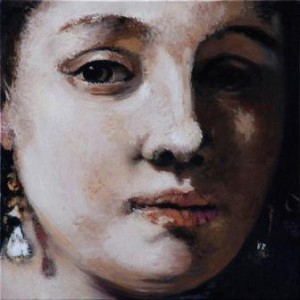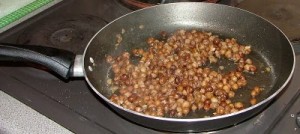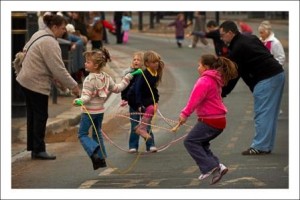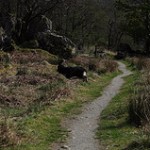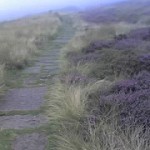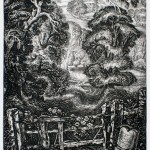 World-building is something most obviously associated with authors of science fiction and fantasy. However it is also clearly relevant to history writers – and I would argue almost any writer worth their salt. Even if you write contemporary social realism, you are still investigating a culture.Especially if that culture is located elsewhere to that of the intended reader, you have to indicate it. Google Earth doesn’t show attitudes.
World-building is something most obviously associated with authors of science fiction and fantasy. However it is also clearly relevant to history writers – and I would argue almost any writer worth their salt. Even if you write contemporary social realism, you are still investigating a culture.Especially if that culture is located elsewhere to that of the intended reader, you have to indicate it. Google Earth doesn’t show attitudes.
For example, we all know what an airport look like so you don’t need to describe it in great detail, but what aspects will be central to the people in your book? What will they pick up on? It’s the perspective that matters.
As part of the MA at West Dean, we looked at the opening sequence of ‘Robots’. Here an entire mechanical town is brought to life in seconds through minor characters before we get into the ‘real story’. A notable feature was that each little robot character had its own volition – they were all doing something for themselves ( not our benefit) that brought us into their world.
I’m reading Jackdaw Summer by David Almond at present. Here the introduction shows us the boys’ world very clearly through their eyes by the things that they do – again well before we encounter the ‘main ‘ story.
In each case the introduction is economical but effective. There is a profound sense of much more thought underpinning what we see. But the creation of culture, however intricate, isn’t enough. You don’t need to create languages and maps and dynasties of kings like Tolkien, wonderful though they are. His worlds work because they are illuminated by cracking good stories and characters we care about.
It’s similar to special effects in films – like fire, CGI is a good servant but a poor master. We all know films that look wonderful yet feel empty. The same can occur with books – full of style but forgettable.
We all know films that look wonderful yet feel empty. The same can occur with books – full of style but forgettable.
The point is that whatever we put in the book must move along the story or cast light upon the characters – otherwise it’s so much window-dressing. Brian Froud’s fabulous parallel cultures of the Mystics and the Skeksis in ‘Dark Crystal’ are there because they matter to both the plot and the beings in the film.
There are dangers in portraying another world too carefully, be it designer fashion or a space outpost. One one hand you can insult the reader’s intelligence, and on the other loose the things that matter in a welter of detail. This doesn’t mean you can neglect your homework, though. Aardman animations can get Gromit’s subtle expressions right because they put in the hard work in the first place.
So whatever your genre, take a leaf from the Old Masters. The second rate portrait artists were superb at showing lace and jewellery and sumptuous fabrics. The best left those aspects sketchy and put the most skill into the faces. You have to choose what really matters.



